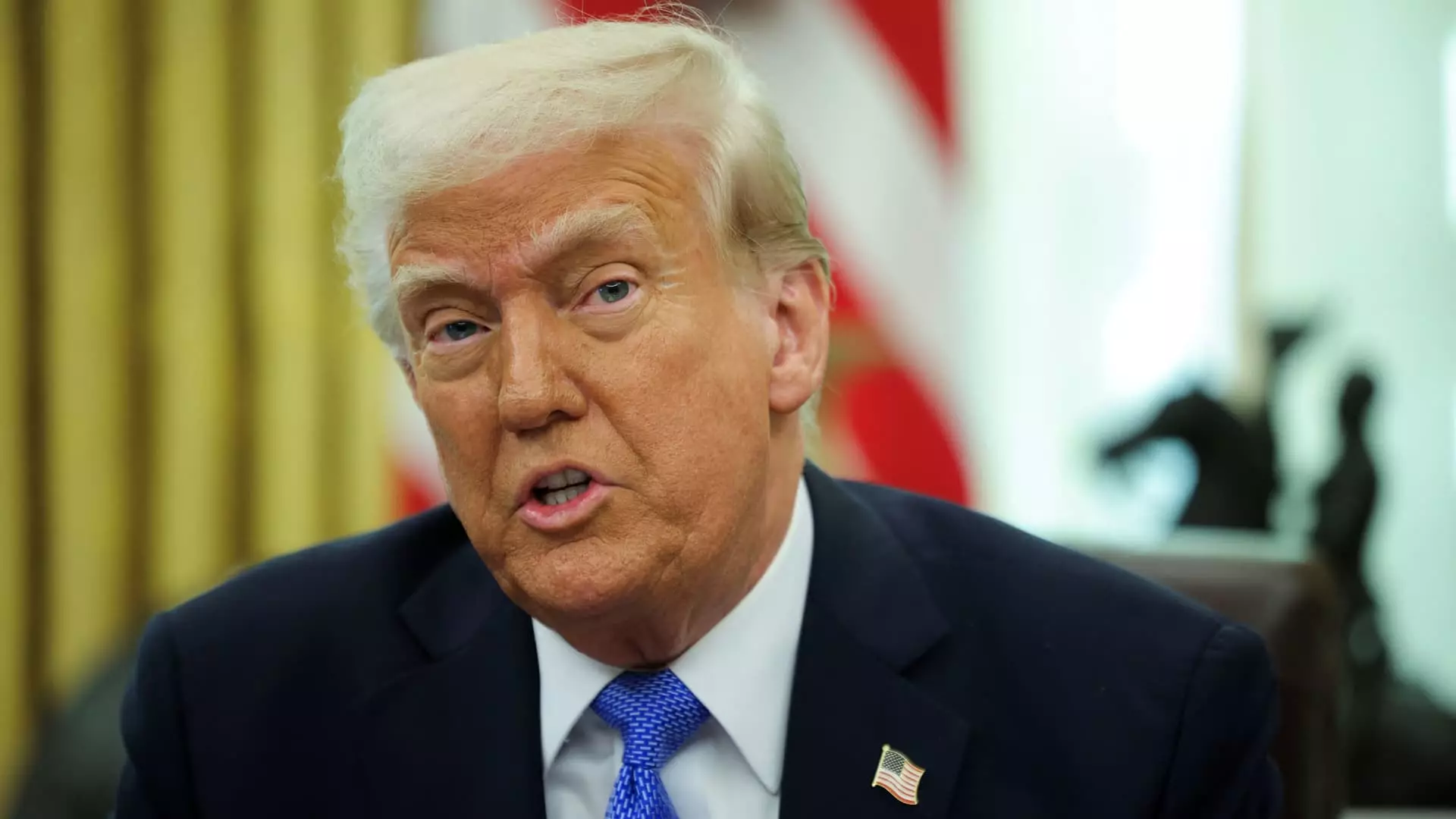In a shocking move, President Donald Trump has decided that the management of the nation’s enormous student loan portfolio will be assigned to the Small Business Administration (SBA), rather than the U.S. Department of Education. This audacious announcement comes at a time when federal student debt has skyrocketed to over $1.6 trillion, with a staggering 40 million people grappling with student loans. By prioritizing the SBA, the administration seems to disregard the complexities of educational financing, reducing the issue to a mere bureaucratic shuffle.
A Troubling Lack of Expertise
The choice of the SBA—a body mainly focused on supporting small businesses—to manage federal student loans is fundamentally flawed. Unlike the Department of Education, which has directly dealt with educational matters and understands the delicate balance between loans and educational access, the SBA has no relevant expertise in this area. Experts like higher education consultant Mark Kantrowitz have highlighted that the logical choice would have been the Treasury Department, which already collects debts through established mechanisms. This choice raises questions about the competence of an administration willing to gamble with the financial futures of millions of Americans.
Potential for Chaos in Borrower Protections
Consumer advocates have voiced alarm over this abrupt transfer of the student loan portfolio. Their concerns center on the risk of triggering errors that could adversely affect borrowers. Protections—especially concerning programs such as Public Service Loan Forgiveness (PSLF)—may suffer amidst the chaos of an agency ill-equipped to handle such sensitive tasks. Students and graduates relying on these protections could find themselves in a precarious situation as the transfer unfolds, potentially jeopardizing their financial stability and future opportunities.
Inevitability of Failures and Distractions
It’s deeply troubling how the administration’s focus appears to be more about dismantling the Department of Education than providing thoughtful alternatives. The recent executive order signed by Trump reflects a vision that seems less concerned with improving education and more focused on an agenda that prioritizes deregulation. This mindset could very well incur more setbacks for borrowers already strained under the weight of their debt, inviting failures that would have been preventable with a more considered approach.
The Rights of Borrowers Must Be Upheld
For borrowers, one critical takeaway is the reassurance that, regardless of which agency manages their loans, the terms and conditions of their debts remain unchanged. When individuals signed their master promissory notes, their rights were guaranteed under the law, yet the transition to a different agency could complicate the borrower experience. The question that looms large is whether the SBA will uphold these guaranteed rights in practice or if this decision will become an opportunity for more confusion and neglect.
Trump’s decision places debt management at the mercy of bureaucratic shifts rather than focusing on transparent, effective solutions grounded in educational policy. It reflects a broader trend of improvisation instead of innovation, potentially leaving borrowers to face the brunt of administrative shortcuts that could have dire implications for their lives and finances.

